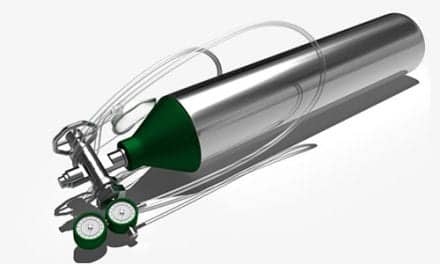The National Institutes of Health has awarded a multidisciplinary team of University of North Carolina at Chapel Hill researchers a $3.6 million grant to develop computer models that will allow physicians to predict which treatments will work best in children with upper airway problems.
The 4-year project will examine computational fluid dynamic modeling of the pediatric airway in a multi-pronged effort to product new tools to evaluate the pediatric airway and to create computer models which allow physicians and scientists to predict which medical or surgical intervention is most appropriate in specific children and with specific disease states. The study specifically examines infants and children up to 10 years old with Pierre Robin sequence (a condition characterized by small jaw and posterior displacement of the tongue causing airway obstruction) and subglottic stenosis (narrowing of the airway below the vocal cords), but the tools developed may be more applicable to other airway problems as well.
The project represents a broad collaboration between a number of UNC departments, including pediatric otolaryngology/head and neck surgery, pediatric pulmonology, physics and astronomy, mathematics, biostatistics, and computer science, as well as The North Carolina Children’s Airway Center.
The NIH awarded similar grants to four additional sites. All the centers will collaborate to share their findings and progress.
Source: University of North Carolina School of Medicine








